Canon Australia loaned me their new EOS Ra camera during over the summer, and between the smoke of the summer bushfires (how long ago does that seem now?) I was able to capture one deep sky image from my observatory, a timelapse sequence from the Gippsland Lakes and several panoramas close to home.
Despite the smoke, many a hydrogen nebula are visible in this timelapse video I took, “Red Hot Summer,” from the Gippsland Lakes and central Victoria. As well, daytime footage of pyrocumulonimbus over the Gippsland Fires, shows that it is also possible to achieve reasonable colour balanced images during day. (Special thanks to Ryan Goodwin for the music for my video.)
I was able to capture some panoramas close to home in central Victoria.
Operating the camera will be an instantly familiar experience for any Canon DSLR user, which is good. The more compact mirrorless format is welcome, although it certainly feels solid and even dense—a lot gets packed into that smaller package. One little thing that tripped me up initially was the screen turning off automatically when your hand moves behind the viewfinder. It makes sense that the screen turns off when you are putting your eye up to the viewfinder, it just took me a few nights using the camera to understand why the screen was turning off—your hand moves behind the viewfinder surprisingly frequently when the camera is low down and pointing up at the sky.
The sensor performance was as good as any Canon DSLR I’ve used, and appears similar to the 5D Mark IV (although I did not conduct any serious quantitative testing). The foreground in these panoramas has been pushed very hard—conditions were completely dark for each of them. Of course, the red sensitivity is this camera’s raison d’être. The large and small red nebulae scattered throughout these images make a surprising difference to the overall aeshetic and it will be hard to go back to shooting night sky scenes without them. This has been a throwback to the days of imaging with film when I was constantly chasing bright red nebula, and often also the more elusive loops of the large Vela supernova remnant at the top of the image below.
The only other feature of this camera that differs from the Canon EOS R, which I am aware of, is the increased 30x magnification in liveview, which proves very handy for focusing on stars. Since this is presumably only a firmware feature, it would be great to have it available with other DSLRs.
I was keen to use this camera in my automated observatory, but was hampered by it being a new model. With no SDK released to developers, Maxim DL could not connect to the camera, which meant I could only use the camera in manual operation. Since I’m also a little lazy (or, charitably, I like my sleep when it’s dark on a late summer night), I couldn’t stick around to refocus the scope. So this image is hampered a little by bushfire smoke, and the focus is softer than it would otherwise be. But this full-frame view (closer crop at top of blog post) reveals quite faint dusty regions around the Horsehead Nebula—not bad at all for DSLR imaging. Total exposure 11 hours, with 135 sub-exposures of five minutes at ISO 400. Processed in PixInsight.
For Further Training on Night Sky Photography:
Capturing star trails and other night sky scenes is truly one of the most technically difficult forms of photography. This popular in-depth eBook, Shooting Stars, written by astrophotography award winner Phil Hart, will show you how to shoot your own stunning images of the moon and the stars with just your digital SLR and a tripod.
We were able to arrange an exclusive 50% discount for PictureCorrect readers which ends soon. It also carries a 90 day happiness guarantee, if you are not satisfied just let us know and we will give you a full refund so there is no risk in trying it.
Deal found here: Shooting Stars – How to Photograph the Moon & Stars at 50% Off
Like This Article?
Don't Miss The Next One!
Join over 100,000 photographers of all experience levels who receive our free photography tips and articles to stay current:
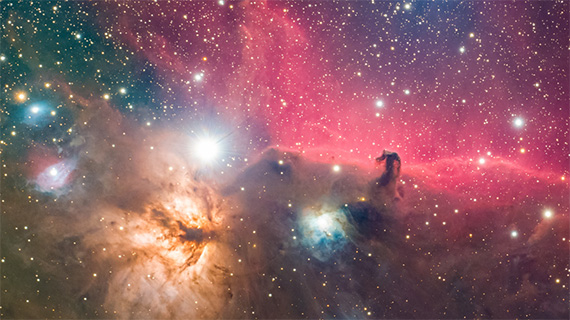
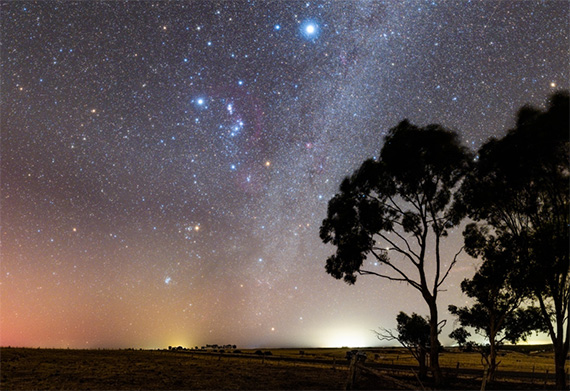
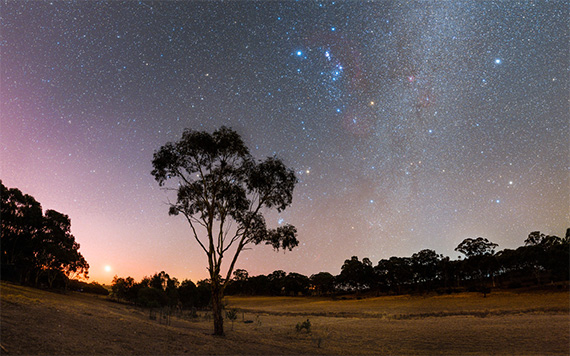
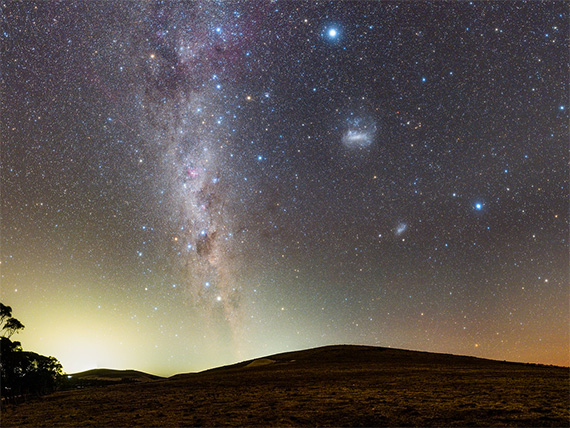
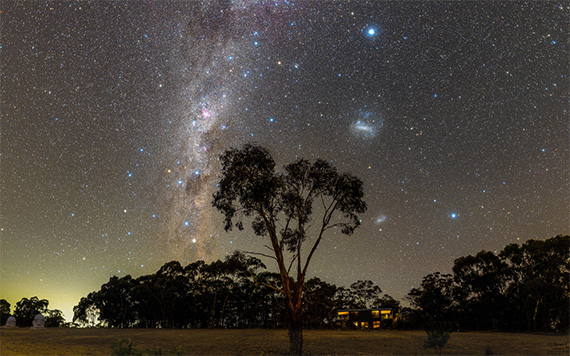
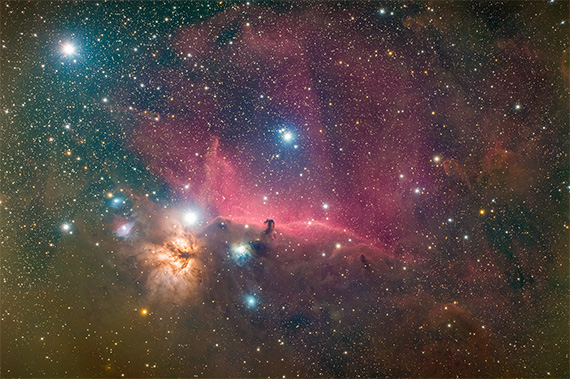
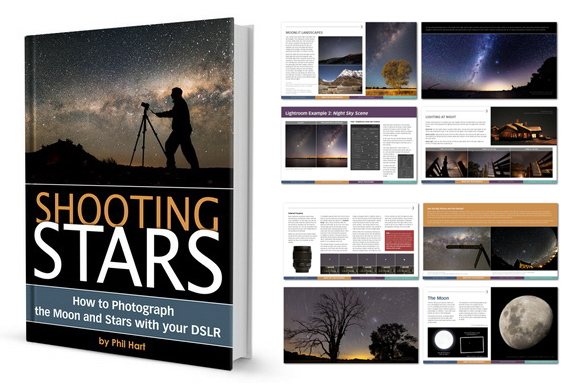


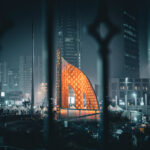
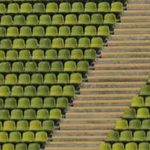
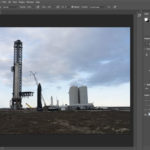

Leave a Reply